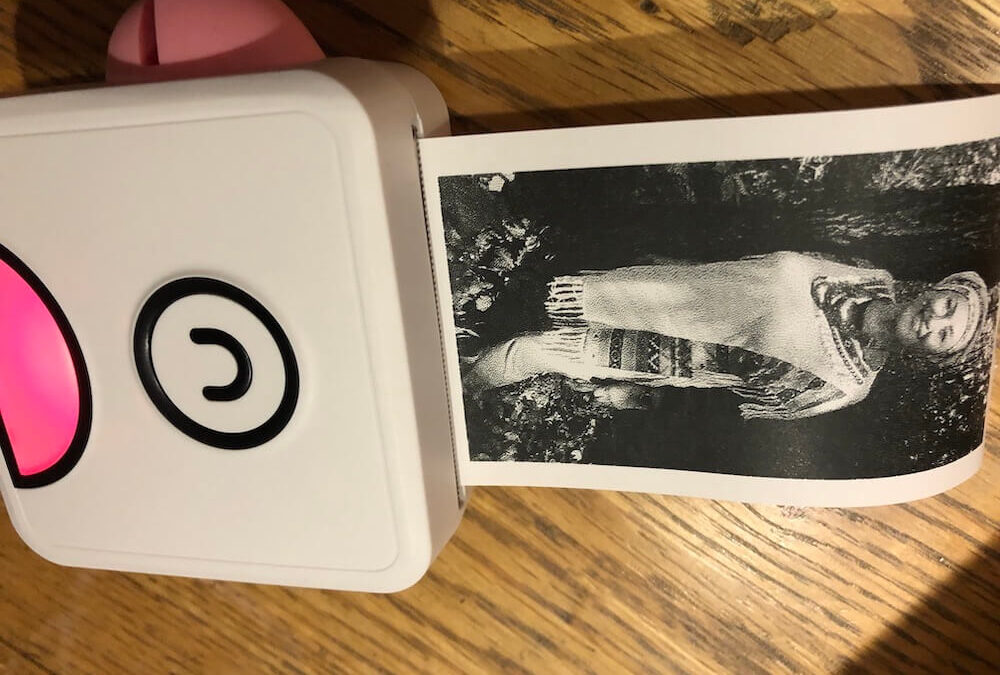Immersion English Courses for Beginners
The principle of an immersion language holiday is to be surrounded by the target language, which makes it an excellent way for intermediate and advanced-level language speakers to gain comprehension skills, natural expressions and language culture.
However, at beginner level, without structured tuition, language immersion is just noise (as all the recent refugees I work with will attest).
This blog helps you identify the elements of a good immersion English holiday for beginners.

It’s All in the Design
Being surrounded by a language does not mean you will quickly learn it – unless you already have good grammar structures in place.
However, an immersion holiday can be brilliant for beginners if it is designed for beginner’s needs.
- Immersion holidays create a dedicated time/space for learning English.
- They share all kinds of culture with you, like food, music and entertainment.
- Language schools can put every possible resource into your progress: books, guest teachers, demonstrations & workshops.
- Immersion holidays can (should!) include fun activities like sightseeing which will grow confidence and connection to the language – yes! even for beginners!

Feel Comfortable!
This blog is to show you how to recognise a good immersion English course for beginners.
Remember: a lower language level does not mean you have to sit in an uncomfortable classroom or feel treated like cattle.
It means that your language school needs to design an intelligent immersion English course for beginners.
Here’s what to look for!

Beginners do Need a Different Learning Environment
I can chat and build English skills while driving with an advanced learner beside me.*
A beginner needs to be able to read my lips.
They need books and worksheets (which require a table to make notes).
They also need my full attention on the words they are speaking.
(*Strong memory of Dasha asking me to explain all future tenses while I was driving around a round-a-bout.)

Does this Mean No Language Excursions for Beginners?
No!
Language excursions are a great supplement to classroom learning.
But it does mean that immersion English activities need redesigning for beginners.
English immersion holidays need to be adapted to make the best use of a beginner’s time – to offer value by reaching very tangible learning outcomes (compared to an advanced user seeking ‘more confidence’ or ‘better comprehension’).
That means keeping the day trips for days off – and spending more time exploring the local area. (No hardship, Perthshire is gorgeous!)
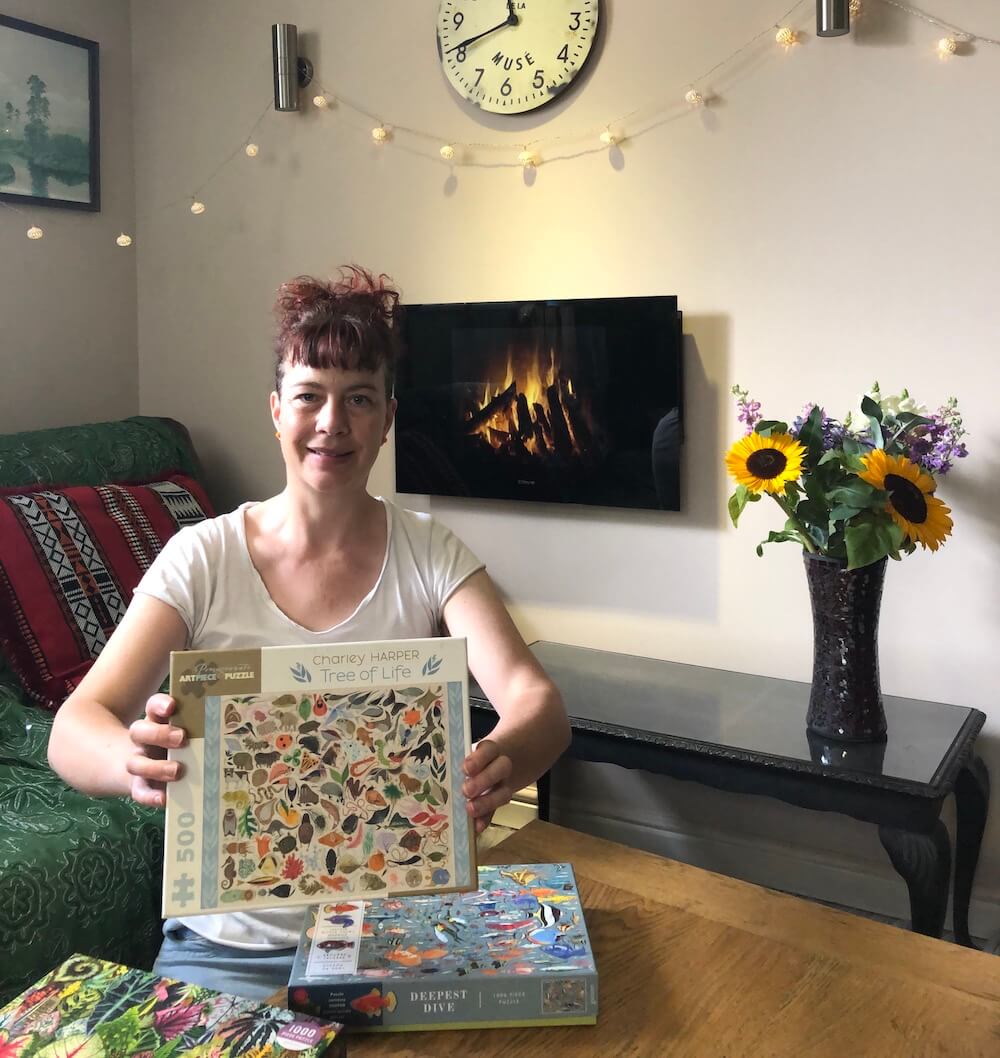
Socialising
Socialising is an important part of an English immersion holiday.
While freeform unscripted conversations are less useful for beginners, cooking and playing board games are incredibly good English language practice as they include a lot of repetitive terms and language.

NEW – Beginner
English Immersion Course
English beginners, your one option to learn English with us in 2025 is April.
Dip into English is 1 month of beginner English tuition combined with immersion activities.
Dip into English has only 3 places available per week.
Lots of Talking
Unlike other levels, beginners do not need to spend time only with advanced learners, or L1 speakers.
They benefit from spending time with other English learners with a slightly better English level because it’s encouraging. The other learners will be more comprehensible to them.
Beginner learners will learn through the error correction of the others, and it is overall less intensive (and less intimidating).
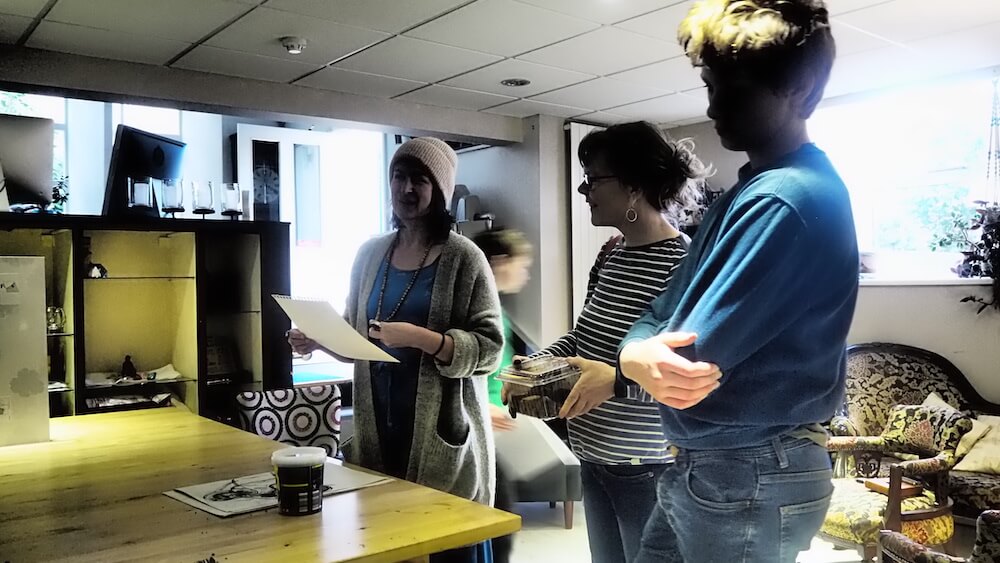
Books and Worksheets
Beginners need a range of ELT books and worksheets integrated into their learning.
In our English immersion holidays we would ordinarily only spend about 10-20% of our time working from sources published for ELT support.
Beginners need up to 70% of their time using ELT resources.
This can include using books and worksheets as homework/out-of-class time (to compensate for an afternoon exploring).
- They don’t need to be completed in a classroom.
- They can be adapted into a creative, thrilling lesson.

Rhythm
Beginners work hard for their progress.
There’s a real limit to what one brain can do (even the keenest brain in the world!)
Beginners need new language introduced, practised, revised, then rested, then revised again (and again).
It can be frustrating and tiring.
In our typical immersion holidays we work on an activity for around an hour and a half, then take a break for refreshments.
A beginner workshop needs shorter breaks every 30 minutes or so.
A break might include silence, but it may also include informal conversations, visuals, and books.

Fresh Faces
We have a teaching team who drop in regularly and often.
This lets the learner see the progress they have made, and get an opportunity to revise things (it can feel horrible repeating the same mistake to the same person).
A well-balanced teaching team will each deliver information in a slightly different way, making it more memorable and learning less intensive.
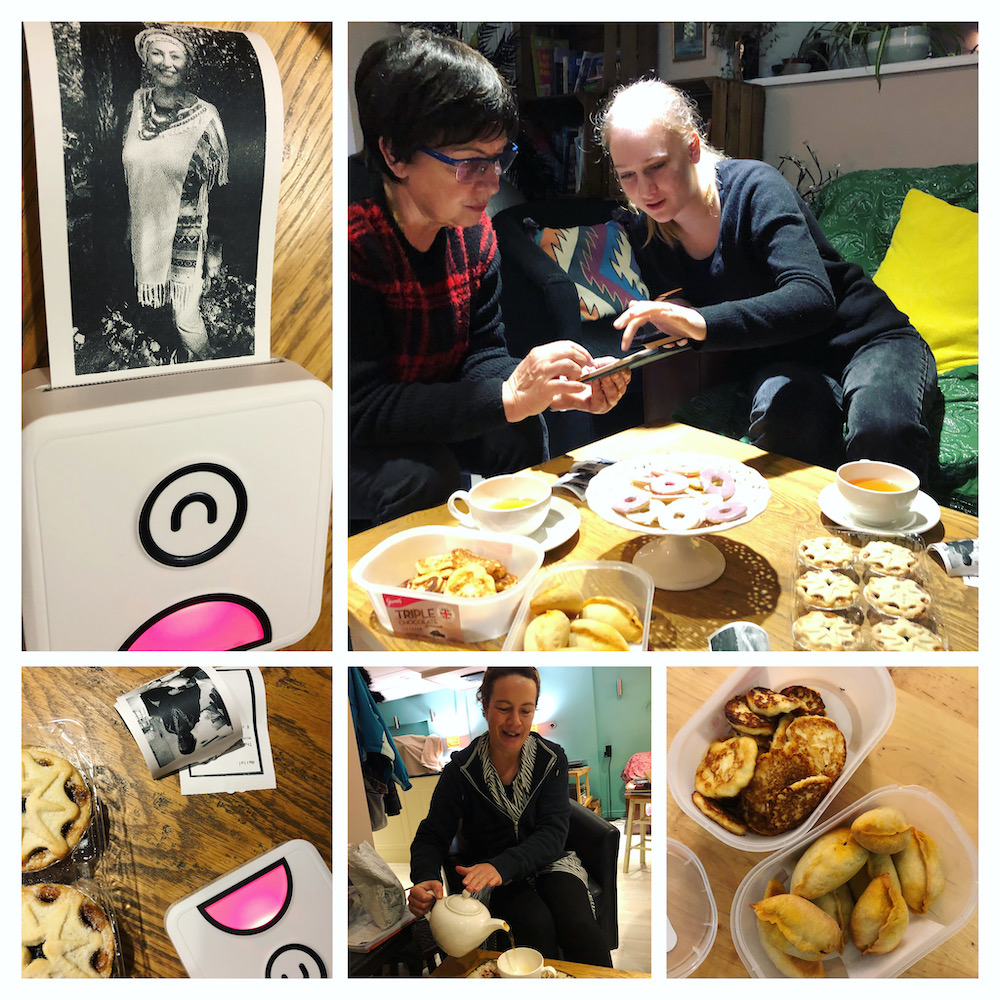
Use plenty of visuals, Tactile Supports and Scene Changes
Our signature holiday is a richness of activities, tastes, interactions, and sightseeing.
These elements can 100% be included in a beginner’s English workshop.
However, in some cases, it is best to think of some of them as fitting around the learning schedule and providing the learner with a break, rather than a pedagogic experience in their own right.
They can be a REWARD for the hard work being done.
Either way, they still help the English speaker to fall in love with the language, trust in their skills for speaking it and unlock a lifetime of learning.
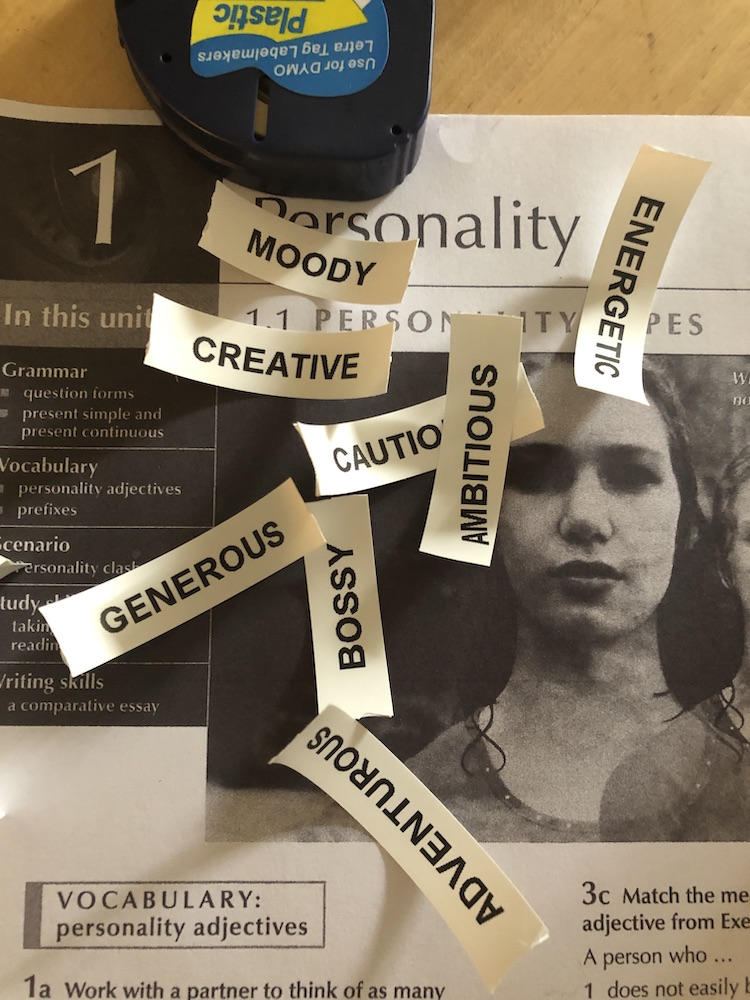
English Immersion Holidays for Beginners
Beginners are at the start of their journey with this language.
Delivering English learning through a fun immersion holiday is a great way to ensure that their learning is glorious – as long as learners are supported with pedagogic, workshop-style English language learning opportunities, rather than being ‘immersed’ and expected to swim.
Further Information
Secure your place for Dip into English in April
Read 3 Ways we Adapt our Immersion English Holidays for Beginners.
External links
Not sure if you are a beginner? Take a level test here.

